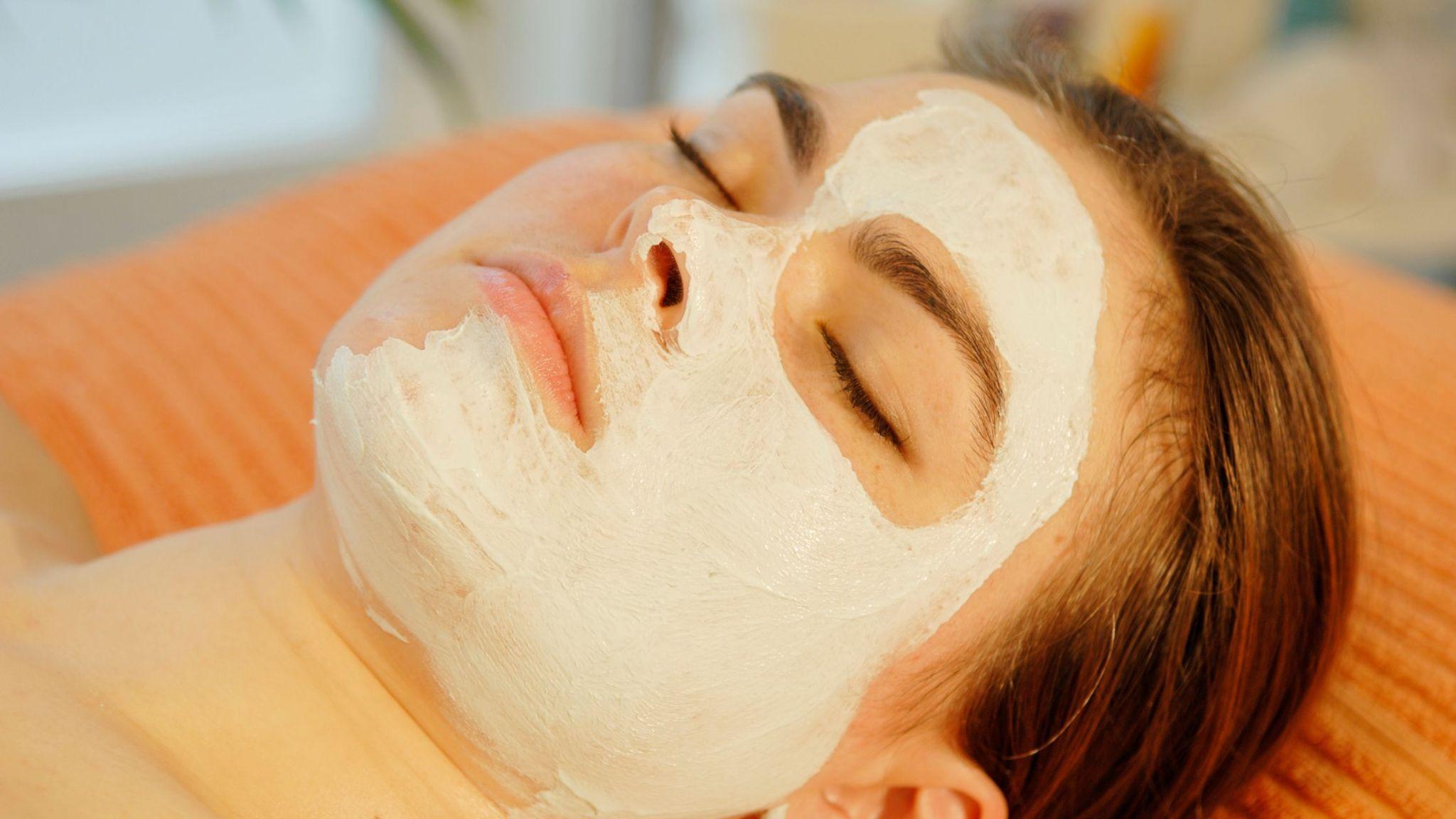Basic Cosmetology
Introduction to Cosmetology
Skincare Basics
Face Packs and Masks – Benefits and Applications
Introduction
Face packs and masks are essential in professional skincare to rejuvenate, cleanse, and nourish the skin. They help address specific skin concerns such as acne, dullness, dryness, and oiliness.

Types of Face Packs and Masks
- Clay Masks: Ideal for oily and acne-prone skin; absorbs oil and clears pores.
- Gel Masks: Suitable for sensitive and dehydrated skin; provides hydration and soothes.
- Cream Masks: Best for dry and aging skin; deeply moisturizes.
- Sheet Masks: Suitable for all skin types; hydrates and brightens.
- Herbal Masks: Made from natural ingredients like turmeric and aloe vera.
Benefits of Face Packs and Masks
- Cleanses the skin by removing impurities.
- Provides hydration and controls oil production.
- Improves blood circulation and promotes glow.
- Reduces fine lines, wrinkles, and aging effects.
How to Apply Face Packs and Masks
- Cleanse the face thoroughly.
- Exfoliate to remove dead skin cells (optional).
- Apply the mask evenly, avoiding eyes and lips.
- Leave it on for 10-20 minutes.
- Rinse with lukewarm water and apply moisturizer.
Homemade Face Pack Recipes
For Oily Skin: Multani mitti, rose water, and turmeric.
For Dry Skin: Banana, honey, and yogurt.
For Normal Skin: Sandalwood powder, rose water, and almond oil.
Role of Cosmetologists
- Identify skin type and concerns.
- Recommend suitable masks for clients.
- Demonstrate proper application techniques.
Summary
Face packs and masks are essential for addressing skin concerns. Cosmetologists must recommend and apply the right masks for their clients.